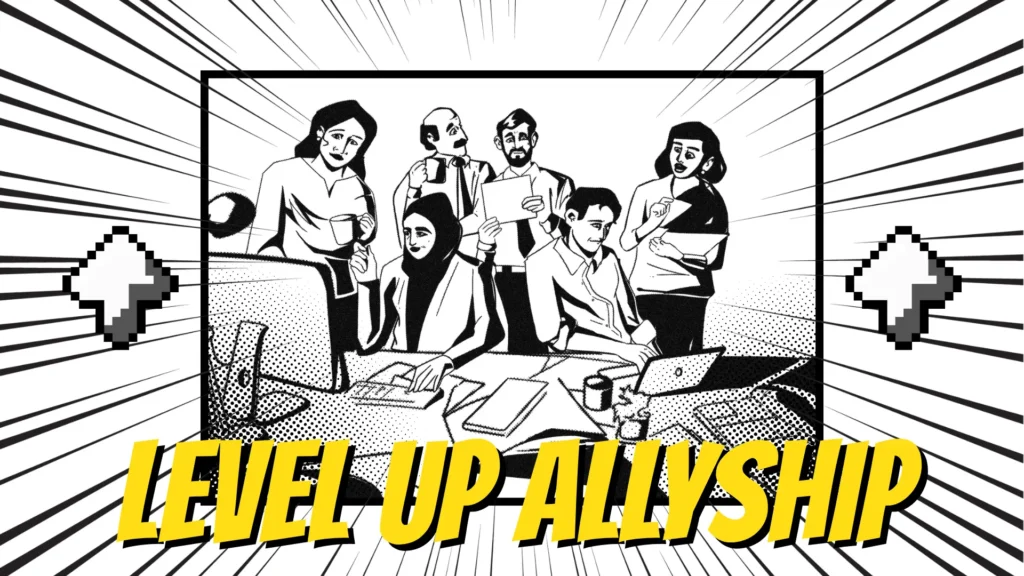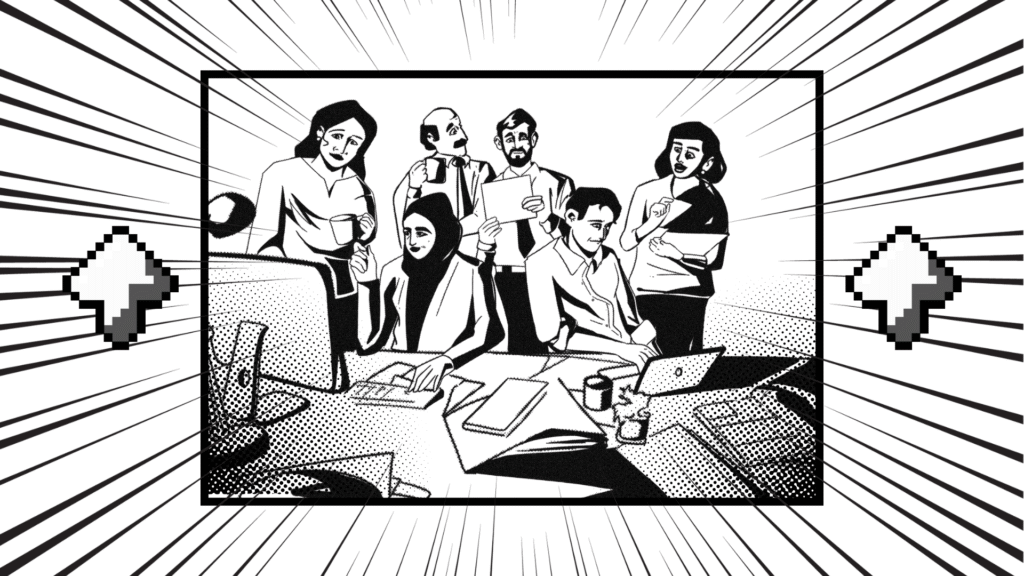“I just don’t feel like I belong here.”
It’s a simple sentence, but it carries the weight of disconnection, invisibility, and discomfort. In the workplace and beyond, the sense of belonging is more than just being included on email threads or invited to team lunches. It’s about being accepted for who you truly are and feeling like your presence genuinely matters.
Psychologist Abraham Maslow placed belonging right in the middle of his hierarchy of human needs, above basic survival, but essential before we can reach our full potential. In other words, we need to feel that we belong before we can truly thrive at work.
When people don’t feel a sense of belonging at work, it creates uncertainty. They may question whether they can show up as themselves, hesitate to speak up, or feel isolated in moments that require collaboration. Over time, this lack of connection can chip away at confidence, creativity, and performance.
So what does belonging actually look like?
- Being valued: People feel they belong when they know their presence and contributions matter. It’s not just about praise, it’s about being respected and acknowledged for who they are and what they bring.
- Being included: True inclusion goes beyond being invited to meetings. It’s about being brought into important conversations, having a voice in decisions, and knowing that your input is wanted and considered.
- Being part of a team: Belonging grows in environments where people feel connected to those around them; where relationships are strong, goals are shared, and people support one another through challenges.
- Being heard: There’s a difference between being allowed to speak and feeling truly listened to. People need to know their voice matters, especially when they express concerns, ideas, or feedback.
- Being accepted for who you are: Belonging is about being able to be yourself without fear. When people don’t have to hide parts of their identity or constantly adjust to be accepted, they’re more likely to feel grounded and engaged.
Belonging is shaped in everyday interactions and the small moments that signal that you matter here. And when workplaces get this right, everyone benefits.




